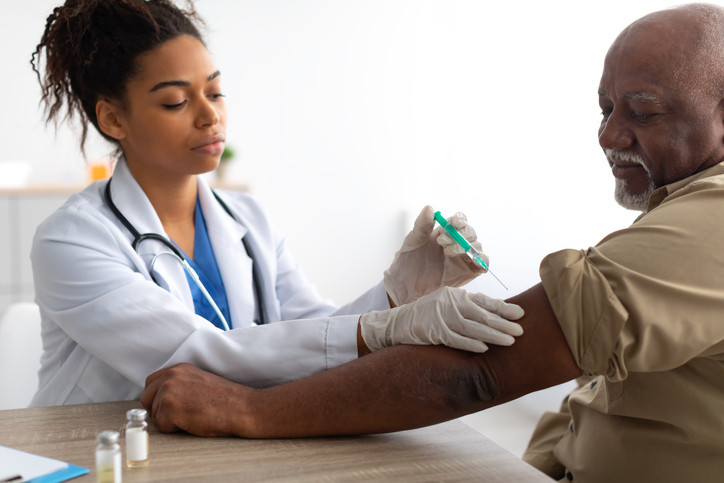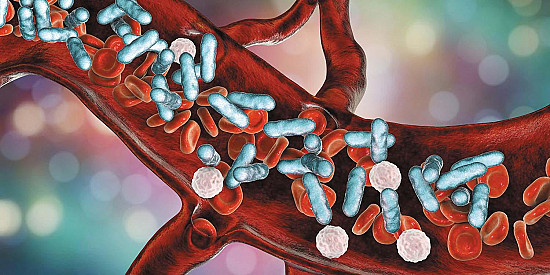New recommendations for pneumococcal vaccination
In the journals
- Reviewed by Howard E. LeWine, MD, Chief Medical Editor, Harvard Health Publishing; Editorial Advisory Board Member, Harvard Health Publishing

The CDC has changed its guidelines for vaccinating adults against pneumococcal disease by approving two new pneumococcal conjugate vaccines (PCVs): PCV15 (Vaxneuvance) and PCV20 (Prevnar 20).
The updated guidelines, published Jan. 28, 2022, in Morbidity and Mortality Weekly Report, apply to adults older than age 65 and younger people at high risk for pneumococcal disease because of a weakened immune system or a chronic medical condition. People can get either vaccine, as the CDC does not endorse one over the other. Pneumococcal disease refers to infections caused by Streptococcus pneumoniae bacteria. Examples include pneumonia, bloodstream infections, ear and sinus infections, and meningitis (swelling of the membranes covering the brain and spinal cord). Previous guidelines recommended two other vaccines: PCV13 and PPSV23. A person who hasn't received one of these earlier vaccines should have a single dose of the new PCV20 or PCV15, followed a year or more later with a "chaser" of PPSV23. (This period can be shortened to eight weeks for people at high risk.) People who've had one of the earlier vaccines should follow these guidelines:
- PPSV23 recipients should have one of the new PCVs at least a year after their PPSV23 vaccination.
- PCV13 recipients don't need one of the new PCVs at this time, but, if not already received, they should get a PPSV23 vaccination six to 12 months later.
Image; © Prostock-Studio/Getty Images
About the Author

Matthew Solan, Former Executive Editor, Harvard Men's Health Watch
About the Reviewer

Howard E. LeWine, MD, Chief Medical Editor, Harvard Health Publishing; Editorial Advisory Board Member, Harvard Health Publishing
Disclaimer:
As a service to our readers, Harvard Health Publishing provides access to our library of archived content. Please note the date of last review or update on all articles.
No content on this site, regardless of date, should ever be used as a substitute for direct medical advice from your doctor or other qualified clinician.















